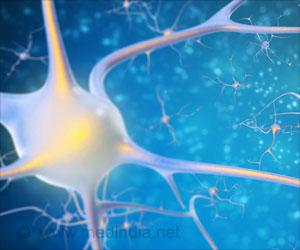‘Punishing others for unfair behavior is less when the functional connections between two brain areas dorsolateral prefrontal cortex (DLPFC) and temporoparietal junction (TPJ) are stronger. However further studies may be required to validate this hypothesis.’
Brain Connections and Punishment Areas
Among these areas, the team reports that TPJ evaluates the level of guilt and deliberateness of the violation, while the DLPFC receives this signal on guilt assessment and transforms it into a specific decision on punishment.
Hence interactions between these regions are important for deciding on punishment. And the team speculates that the initial connectivity between these areas in a specific human brain impacts a person’s readiness to impose punishment.
A stronger connectivity between these two areas resulted in a lower level of punishment. It was also found that the functional condition of TPJ in a resting state impacts a person’s readiness to punish others for injustice.
It is assumed that a more ‘sensitive’ TPJ means that unfair behavior causes a stronger guilt evaluation signal, which is followed by a stricter decision on punishment. However, the team reports that further studies may be required to validate this hypothesis.
Source: Medindia



